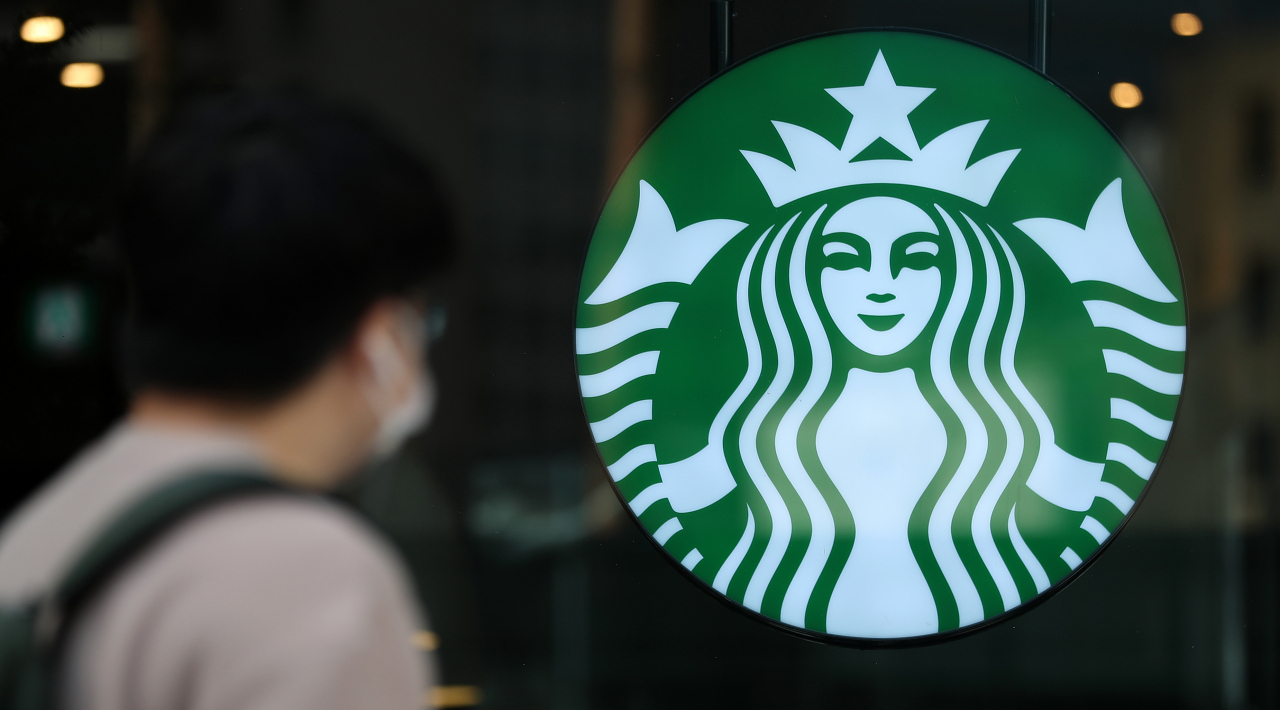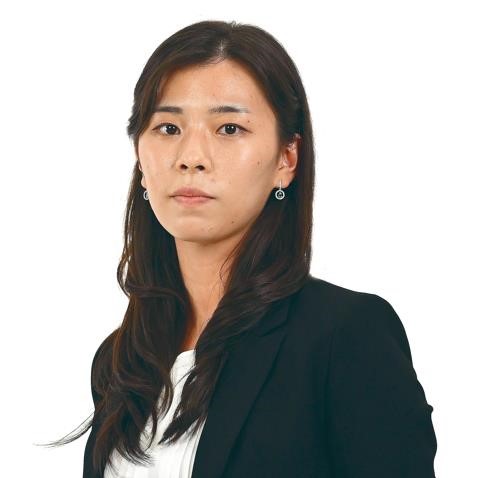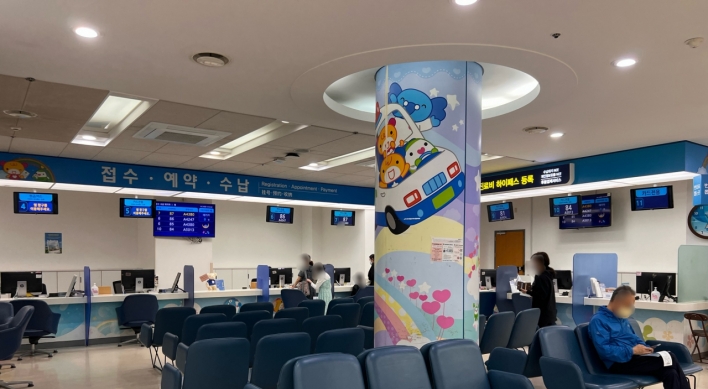[KH Explains] Why Starbucks' new coupon policy is a big deal in Korea
By Lee Yoon-seoPublished : Oct. 19, 2023 - 15:48

Starbucks’ recent decision to allow customers to purchase items cheaper than the value of their coupons and get a refund on the price difference is being greeted with enthusiasm by Korean consumers.
The new coupon system, which is expected to take effect starting as early as December, has been a longstanding wish among consumers here -- until now, they were often required to spend extra money if they wanted to use mobile gift certificates and coupons at the nation's most popular coffee chain.
Currently, in Korea, if a consumer uses a mobile gift certificate in Starbucks, the person can use it either to buy the product in question or exchange it for an item with an equal price. The customer can also use it to purchase something more expensive and pay the difference. Cheaper options cannot be bought with the coupon.
Customers have repeatedly asked for the change, as the use of mobile gift certificates at stores has been increasing rapidly amid a rise in the culture of digitally exchanging gifts, especially during the pandemic era.
According to Statistics Korea, mobile gift certificate transactions in the country more than tripled to 7.3 trillion won ($5.3 billion) in 2022, up from 2.1 trillion won in 2018.
"We use mobile gift certificates at stores so much, (and) this has been a real problem," said Kim Min-young, a college student in Seoul.
The news was met with particular enthusiasm as Starbucks took the initiative to pioneer the new approach. Starbucks has the highest number of mobile gift certificate transactions in the country.
On KakaoTalk Gift, the nation’s most frequently used gift certificate provider, Starbucks' mobile gift certificates account for four of its five most popular coupons.
"In franchises, there's a tendency to exchange (these kinds of) commodity-type gift certificates more than other types of gifts. Korean consumers consider it more polite to put effort into considering what the other person would like, as opposed to just sending them money," a Starbucks official said.
"As such, we took the initiative to solve the inconvenience surrounding the use of gift certificates at Starbucks outlets and increase customer (convenience)."
A solution to avoid criticism?
The issue at hand was first pointed out at the official level during last year's parliamentary audit, when lawmakers accused Starbucks of unfairly exploiting consumers' by leading them to spend extra money every time they used gift certificates.
"The decision to change the system was announced quickly before this year's parliamentary audit season," an industry official said on the condition of anonymity.
"It could be that Starbucks was hoping to avoid criticism by taking action before this year's audit season began earlier this month," he said.
The parties involved, however, denied the timing was connected to the audits. They said on-site refunds of the differences in price were mainly prohibited until now due to a lack of a separate point-of-sale system, or POS, to facilitate the refund process.
Kakao Commerce, the retail arm of Korean tech giant Kakao, which operates KakaoTalk Gift, said that for the gift certificates in question, commission settlements between Kakao, Starbucks and the coupon companies are made at the time of the transaction, not when the gift certificate is bought.
As such, in order to effectively refund the price differences, stores must have a POS system that can fairly distribute fees, which are usually small amounts of money such as 1,000 won, to the various parties involved.
"The system is complicated, and it takes a long time to develop. However, Starbucks has announced that they will develop such a POS system, and Kakao is ready to cooperate," a Kakao Commerce official said.
Increased scrutiny
Starbucks Korea, operated by retail giant Shinsegae Group’s flagship unit E-mart, has faced increased scrutiny in recent years following its strong growth in sales.
Starbucks is the nation's largest coffee chain, with more than 1,800 stores nationwide. Last year, Starbucks saw record sales of 2.5 trillion won, exceeding the sales of the country's No. 2 chain, Twosome Place, by six-fold.
More recently, the issue of the outstanding prepaid recharge balance for its gift cards came under criticism.
According to a report submitted to Rep. Yoon Chang-hyun of the ruling People Power Party, the total amount is estimated to stand at 318 billion won as of the first half of this year. The amount is 51 times the balance of Twosome Place's 6.2 billion won, the report said.
According to Starbucks, the money is currently being used to pay employee's wages, and corporate debt, as well as investing in new businesses.
But industry watchers raise concerns that most of the amount is being used to solely benefit Starbucks.
"Three hundred billion won is comparable to the balance held by a savings bank. The amount also exceeds the amount of money held by most fintech companies who are subject to heightened regulatory rules," said an official from a local bank on the condition of anonymity.
"However, Starbucks is able to manage the money without regulations, and no benefit or service is being returned to the customers," he added.





![[Grace Kao] Hybe vs. Ador: Inspiration, imitation and plagiarism](http://res.heraldm.com/phpwas/restmb_idxmake.php?idx=644&simg=/content/image/2024/04/28/20240428050220_0.jpg&u=)
![[Herald Interview] Mom’s Touch seeks to replicate success in Japan](http://res.heraldm.com/phpwas/restmb_idxmake.php?idx=644&simg=/content/image/2024/04/29/20240429050568_0.jpg&u=)


![[News Focus] Lee tells Yoon that he has governed without political dialogue](http://res.heraldm.com/phpwas/restmb_idxmake.php?idx=644&simg=/content/image/2024/04/29/20240429050696_0.jpg&u=20240429210658)









![[Today’s K-pop] Seventeen sets sales record with best-of album](http://res.heraldm.com/phpwas/restmb_idxmake.php?idx=642&simg=/content/image/2024/04/30/20240430050818_0.jpg&u=)